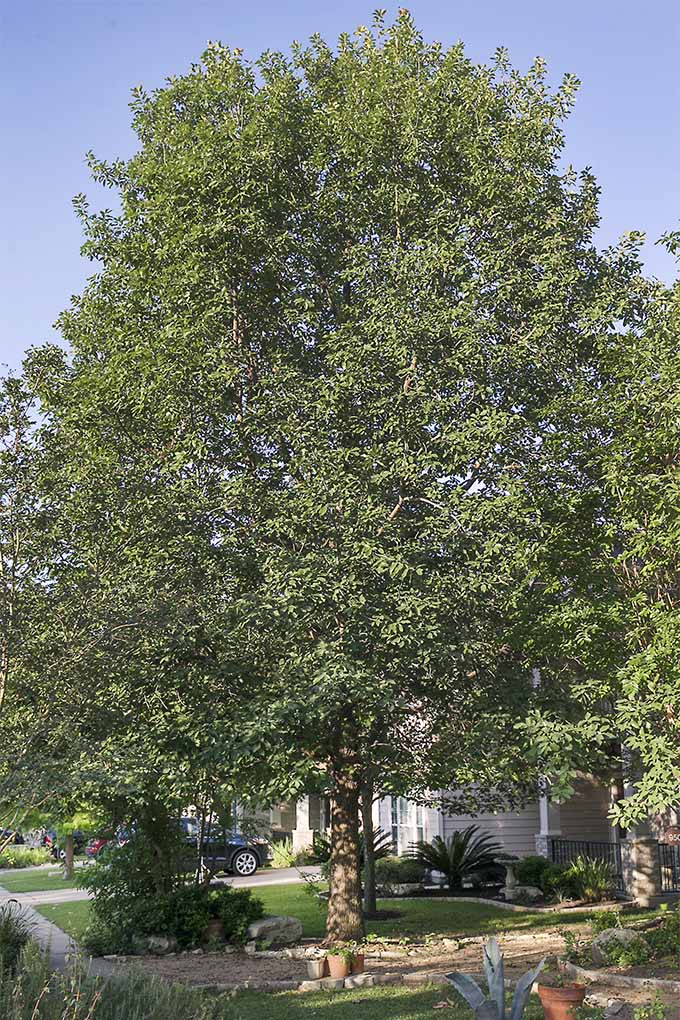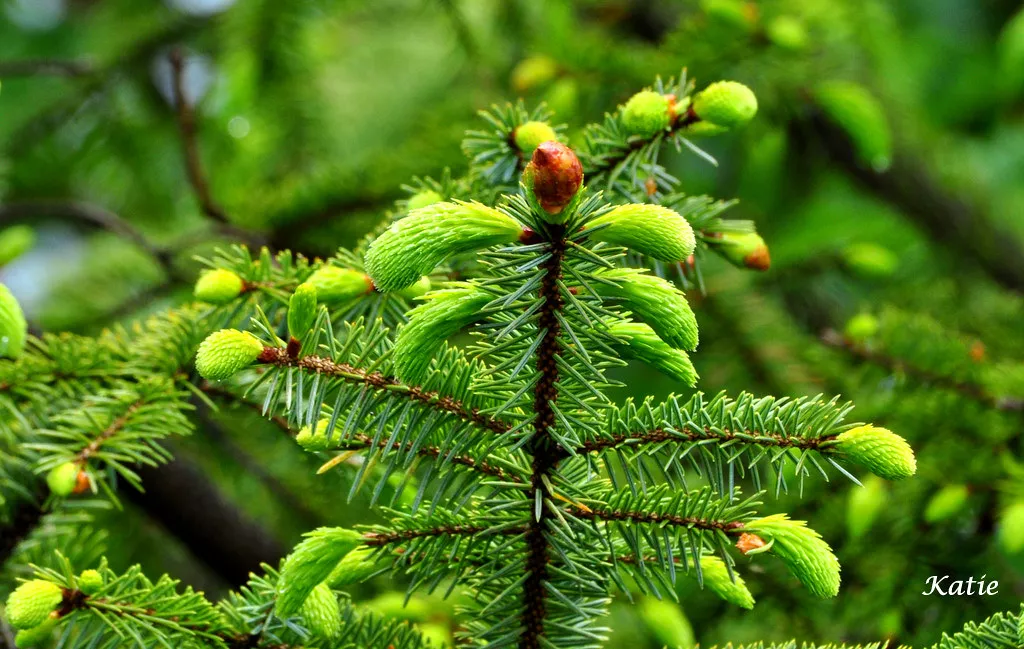The most common disease of oaks is oak wilt, caused by the fungus Ceratocystis fagacearum.
Monary oak trees are susceptible to a number of diseases, including oak wilt, black rot, and canker. Oak wilt is a fungal disease that affects the water-conducting vessels of the tree, causing the leaves to wilt and eventually die. Black rot is another fungal disease that affects the leaves of the tree, causing them to turn black and fall off.
Canker is a bacterial disease that causes deformities in the bark of the tree. All of these diseases can be fatal to monary oak trees if left untreated.
An Oak Tree that Saved the Monarchy
What is the Scientific Name for This Disease
Shingles, also known as herpes zoster, is a viral infection that causes a painful rash. The virus that causes shingles is the same virus that causes chickenpox. After you recover from chickenpox, the virus stays in your body in an inactive (dormant) state.
For reasons that aren’t fully understood, the virus can reactivate later in life and cause shingles.
Most people who get shingles are over 50 years old. But younger people can get it too.
You’re more likely to develop shingles if you have a weakened immune system due to a chronic illness such as diabetes or cancer, or if you take medications that suppress the immune system.
What are the Symptoms of This Disease
If you have been diagnosed with this disease, it is important to be aware of the symptoms so that you can manage your condition and get the best possible treatment. The most common symptom of this disease is fatigue, which can make everyday activities difficult to impossible. Other symptoms include muscle pain and weakness, joint pain, headaches, memory problems and difficulty concentrating.
In some cases, people may also experience depression and anxiety. If you are experiencing any of these symptoms, it is important to see your doctor so that they can make a proper diagnosis and develop a treatment plan that is right for you.
How Does This Disease Spread
There are a few different ways that this disease can spread. It can be passed from person to person through contact with bodily fluids, such as saliva or blood. It can also be spread through contact with contaminated surfaces, like doorknobs or countertops.
And finally, it can be spread through the air when an infected person coughs or sneezes.
Who is Most at Risk of Contracting This Disease
There are a variety of factors that can contribute to someone’s risk of contracting a disease. In general, those with weaker immune systems or who are otherwise immunocompromised are more at risk. This includes the elderly, young children, and those with chronic illnesses.
People who live in close quarters, such as in nursing homes or prisons, are also at an increased risk, as diseases can spread more easily in these environments. Additionally, people who travel to areas where diseases are prevalent may be more likely to contract them.
How Can This Disease Be Prevented
There are a number of ways that this disease can be prevented. One way is to avoid contact with contaminated food or water. It is also important to practice good hygiene, including washing your hands thoroughly and often.
If you are traveling to an area where the disease is common, it is important to get vaccinated against it. You can also help prevent the spread of the disease by not sharing personal items such as towels or toothbrushes with others. Finally, if you have the disease, it is important to take steps to prevent spreading it to others, such as washing your hands frequently and avoiding close contact with others.

Credit: www.keepaustingreen.com
Conclusion
If you notice a monary oak tree with wilted or discolored leaves, it is likely suffering from a disease called oak wilt. This fungal disease affects the vascular system of the tree, preventing water and nutrients from reaching the leaves. Oak wilt can kill a tree within weeks or months, so it is important to take action if you think your tree may have this disease.
To confirm that your tree has oak wilt, contact a certified arborist or plant pathologist.


